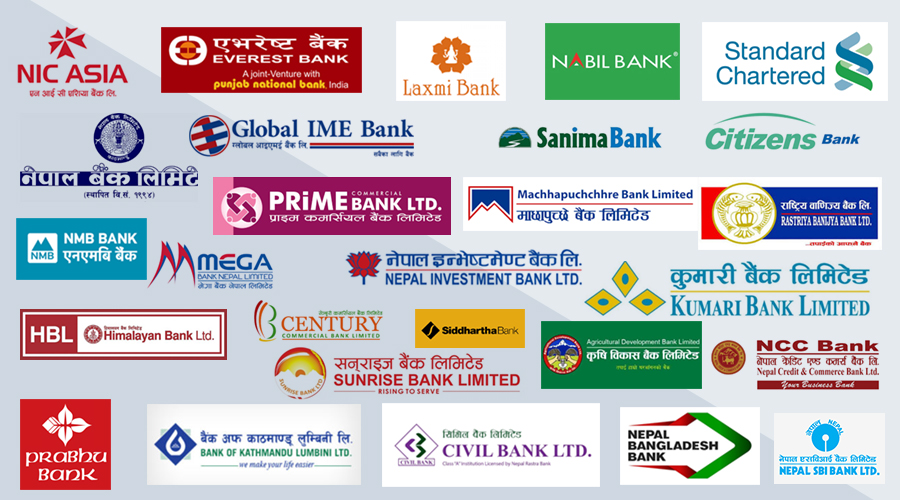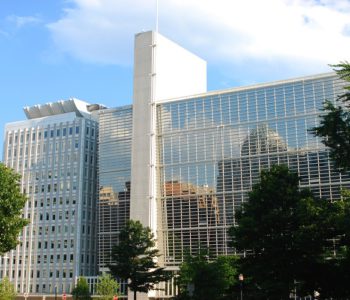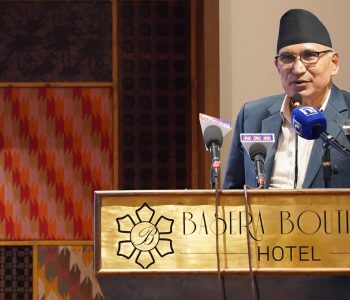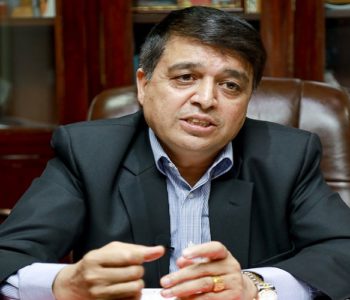Banks in Nepal halt further reduction in deposit interest rates

KATHMANDU: Banks and financial institutions in Nepal have paused the downward trend in deposit interest rates, a pattern that had been ongoing since November last year. Despite increased deposit collection, the stagnation in loan disbursement had earlier driven continuous reductions in interest rates for fixed deposits and loans.
However, the Nepal Rastra Bank’s (NRB) policy to maintain a minimum deposit interest rate of 3% has restricted banks from further lowering rates. This regulatory measure has ensured that banks keep savings account interest rates at 3% and fixed deposit rates at 3% or higher.
NRB’s Policy Effects on Interest Rates
The central bank’s decision to maintain the deposit collection rate at 3% to control liquidity has compelled banks to adhere to this threshold. Furthermore, NRB has kept its monetary policies unchanged during the first review of the fiscal year’s monetary policy. The interest rate corridor, which includes the bank rate at 6.5%, the policy rate at 5%, and the deposit collection rate at 3%, has also influenced banks to stabilize their deposit interest rates.
Current Interest Rate Structure
As of now, the average deposit interest rate in Nepalese banks stands at 5%, while the average loan interest rate is 9.08%. This stability in rates reflects the banks’ focus on maintaining their existing structures. Additionally, the continuous reduction in deposit interest rates over recent months has brought the base rate of banks below 7%, with loans being provided at these rates due to limited loan demand.
Variations Among Banks
For January, 14 commercial banks have decided to continue with their December fixed deposit interest rates. Among them, NMB Bank, Prime Commercial Bank, and Agricultural Development Bank have raised their interest rates. Conversely, NIC Asia Bank, Sanima Bank, and Nepal Bank Limited have reduced their rates, while other banks have opted for no changes.
Loan Interest Rates Expected to Decline Further
The decline in deposit interest rates during October, November, and December is anticipated to further lower loan interest rates in January. Presently, most long-term loans, with tenures up to 10 years, are being disbursed at interest rates between 8% and 9%, signaling competitive rates for borrowers.
The stabilization of deposit interest rates and the potential reduction in loan interest rates could provide relief to borrowers and maintain a balanced financial market. However, the overall loan disbursement remains a challenge for banks, requiring innovative strategies to stimulate credit growth in the economy.













Facebook Comment